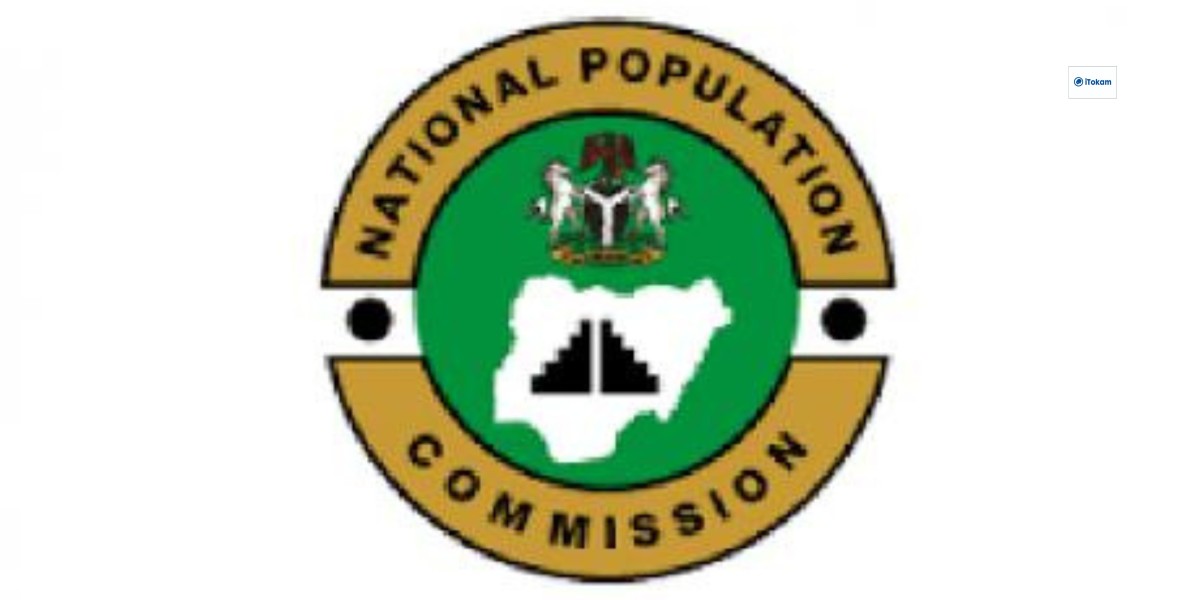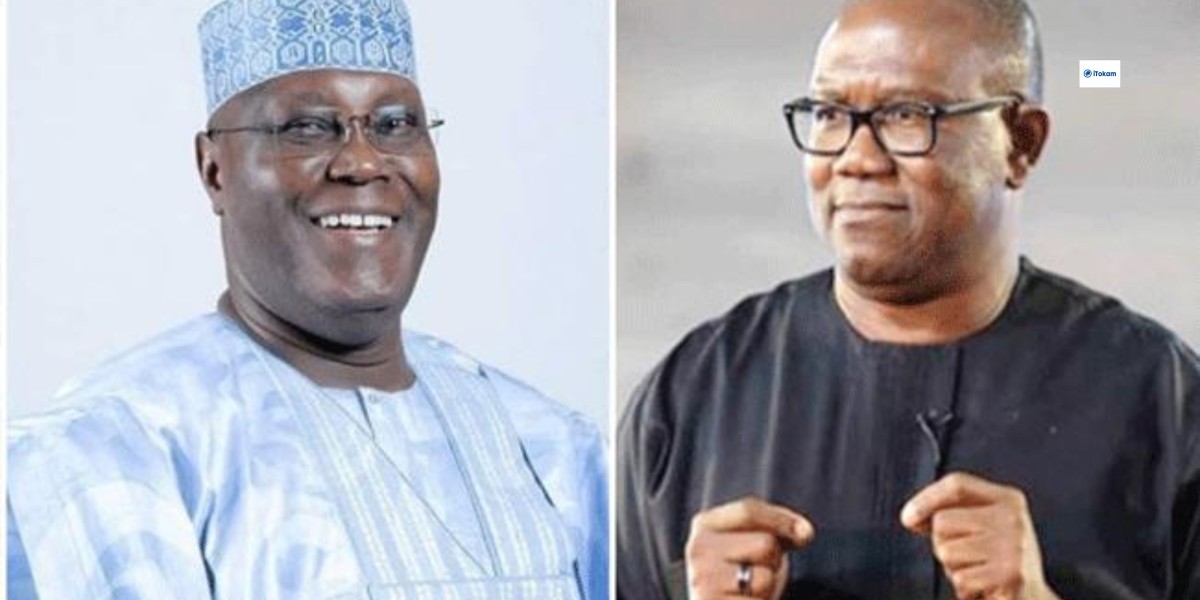This clue was dropped by Eze on Thursday during a breakfast meeting with executives from the media that was held in Enugu to discuss the upcoming National Population and Housing Census.
The head of the NPC in Enugu State allayed the fears of the media that the new administration might discontinue the census exercise. He expressed confidence that the President, being an accountant and a technocrat, appreciates the importance of census information in national planning, particularly in the formulation of policies and programs, as well as budgeting, and a variety of other areas.
Eze stated that the Commission was pleased with the choice made by the previous government to delay carrying out the census in order to provide the incoming administration with the opportunity to make contributions to the process.
He pointed out that because of the postponement, the commission now has the opportunity to further improve its processes and systems in preparation for the first ever digital National Population and Housing Census in Nigeria, which is scheduled to take place later this year.
Continuing to stress the significance of the census, he went on to clarify that having accurate census data will, in addition to providing a wide variety of other advantages, be of tremendous assistance to President Tinubu in resolving the socioeconomic issues that have arisen as a result of the elimination of the gasoline subsidy, including the deployment of palliative measures.
"The procedures and systems that have been put in place for the census are, as a result, currently being evaluated in order to establish what needs to be done in order to guarantee that the preparations for the census do not become obsolete. The primary objective of the commission is to make certain that all of the resources that have been used up to this point are preserved and that the country will not have to begin the census process from the very beginning when it finally takes place.
"This is not a challenging undertaking for us here at NPC. When formulating a strategy for the Census of 2023, our primary concern was not only with meeting the immediate requirements of carrying out the following census, but also with establishing a robust platform for the conduct of subsequent censuses.
This frame of thinking informed the breadth and depth of the arrangements that were put into place. For instance, the EAD, which consisted of subdividing the country into numerous smaller land regions, was painstakingly carried out in such a manner that it will simply require an update for any future censuses that are carried out. The Enumeration Areas (EAs) were all geo linked with the coordinates of all the buildings that were established through the use of satellite imageries. Other government entities are currently making use of the items that have been developed by the EAD.
Speaking further, Eze recalled that the recruitment of the ad-hoc workers had been finished prior to the postponement through a stringent online process in which about one million workers were evaluated and determined to be worthy of assignment. This process had been completed before the postponement.
He stated that the database containing the information of all of the recruited personnel, including their contact details, is accessible for the upcoming census, and he added that the reserve personnel will be prepared to handle any cases of attrition.
According to him, the purpose of the breakfast meeting was to provide an update to the media on the current status of preparations for the Census of 2023 as well as the next actions that will be taken moving ahead in light of the postponement.
Also Read: Allen Onyema Urges Tinubu To Dissolve Nigeria Air
He stated, "As you are aware, the Commission has carried out all of the preparatory activities towards the census such as the Enumeration Area Demarcation (EAD), the conduct of pre tests and trial census, the recruitment and training of census field staff, the procurement and configuration of Personal Digital Assistants (PDAs), the establishment of ICT infrastructure across the country, as well as logistics support and advocacy and publicity activities."
"Because of the enormous amount of human and material resources that have been invested in the execution of these preparatory activities, the most important task that lies ahead of the commission is to ensure that these activities continue to be relevant to the successful completion of the 2023 Census and to do everything in its power to make this a reality," Because of this, it will not be necessary for the country to begin the census process from scratch, which will result in significant cost savings.
"Prior to the announcement of the postponement, the Commission had already begun training for a number of different types of staff. Facilitators working at the national, zonal, and state levels, as well as Data Quality Managers, Training Centre Managers, and Monitoring and Evaluation Officers, all participate in these trainings. The Supervisors and the Enumerators are the next groups of individuals to receive their training after that. The Commission will continue to keep in contact with the personnel by participating in online trainings and providing mentoring.
"Similarly, in preparation for the Census of 2023, the Commission has purchased personal digital assistants. A total of around 500,000 of these devices have been shipped to the 36 state offices and the FCT, where they have been set up for the exercise. In order to prevent the equipment from being damaged or stolen, adequate arrangements are now being implemented for its storage and protection.
According to him, the Commission had carried out massive advocacy and publicity for the 2023 National Population and Housing Census at national and state levels, intensified media campaigns, and strengthened collaboration with stakeholders through the inauguration of Census Publicity Committees at national, state, and LGA levels in preparation for the census. This was done in order to get ready for the census.
According to him, promotional materials written in both English and the languages spoken locally have been distributed, and an extensive use of social media has been put into effect.
He gave his word that the Commission would keep up its advocacy efforts to make sure that the signals sent by the census would remain at the forefront of the national conversation.
He observed that Section 213 of the Constitution of Nigeria from 1999 (as amended) made express provision for the conduct of the census and vested the authority to conduct census, civil registration, and demographic surveys on the NPC. He emphasized the importance of census data and pointed out that Section 213 also vested the authorities in the NPC.
According to Eze, the United Nations advises that a population and housing census be carried out at least once every ten years in every nation.
However, he expressed his disappointment that the most recent census in Nigeria took place 17 years ago, specifically in 2006. This took place during the presidency of Chief Olusegun Obasanjo, who was Nigeria's President at the time.
According to him, prior to the most recent efforts, which were launched by the administration that immediately preceded the one that is currently in office, attempts by consecutive administrations to hold a census were failed.
He expressed his regret that a census had not been carried out in Nigeria and stated that this has hampered the country's ability to plan for its socio-economic development. He stated that this was due to the fact that the government had been planning with outdated data and forecasts that were based on faulty estimates.
"The upcoming National Population and Housing Census hopes to put an end to this anomaly by collecting information on it,"
"Census information is also very useful in tracking progress towards nationally agreed upon development goals," the report said. For all aspects of development work, including assessing demographic trends, analyzing socio-economic trends, analyzing socio-economic circumstances, devising evidence-based strategies for poverty reduction, and monitoring and evaluating the success of policies, planners need population information.






Tomiwa Oshiariyo 48 w
A welcome development